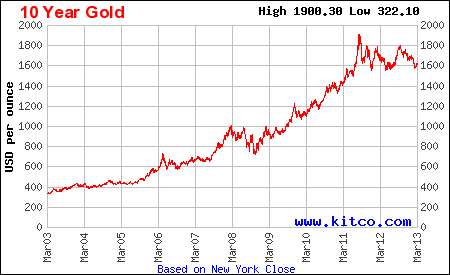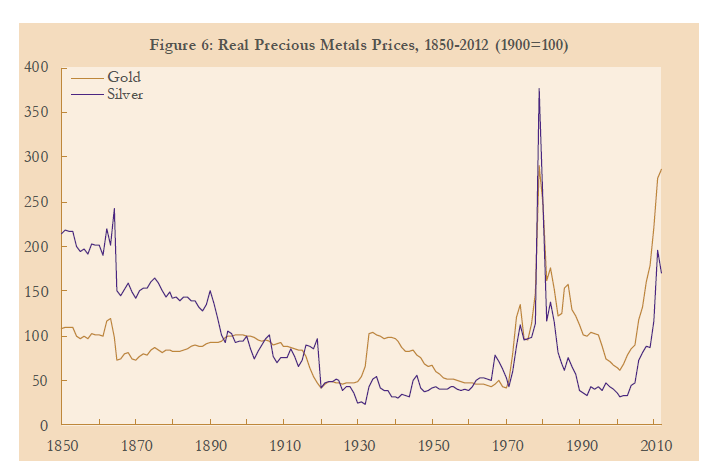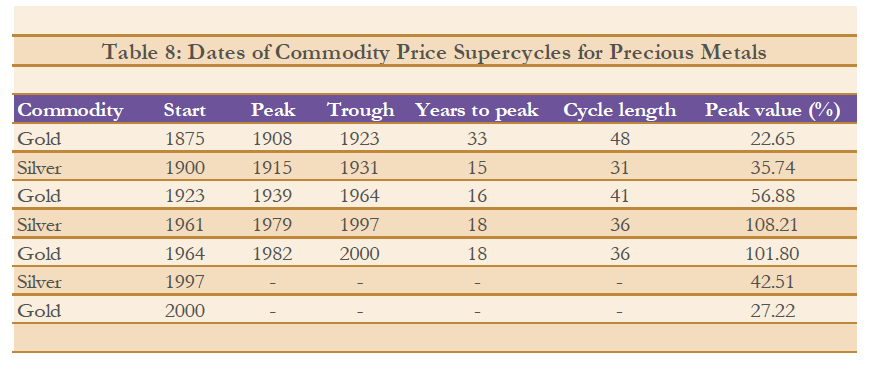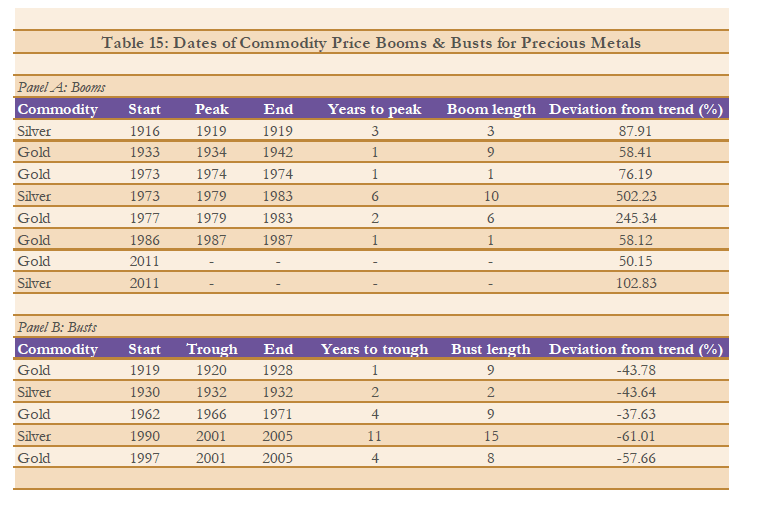Emerging markets have been laggards this year. Among the BRICs Brazilian stocks have also not fared well either due to state intervention in businesses and sluggish economic growth in the past few years.
From an article in the Financial Times yesterday:
Gross domestic product grew less than 1 per cent last year, the lowest of the Brics club of emerging nations. Investors are shunning Brazil in preference for Mexico, something unthinkable only two years ago. Although she is still immensely popular, the economy is a potential cloud over Ms Rousseff’s re-election prospects next year.
Her government’s response has been to wade into sectors ranging from energy to telecommunications with a mixture of carrot and stick, from tax incentives to measures forcing producers to cut prices. Yet rising government involvement in business is proving divisive. On one side, those in banking and the financial markets argue that Brazil is reverting to interventionist ways that were found wanting in the past. The industrial sector counters that manufacturing will sink under high costs and rising imports unless help is forthcoming.
The one point of consensus seems to be that the past decade of external tailwinds, provided by robust commodity prices and generous foreign fund inflows from loose monetary policy in developed markets, is over. Brazil needs to fuel its internal engines of growth, particularly investment.
Source: Brazil: Humbled heavyweight, FT
Until a few years ago the Brazil used to the hottest emerging market destination for international investors. That attraction has waned as the new government under Ms.Rousseff implemented many populist reforms. Despite the current issues investors willing to wait for a few years can consider Brazilian stocks for long-term investment.
Ten Brazilian stocks with their current dividend yields are listed below for further research:
1.Company: Itau Unibanco Holding SA (ITUB)
Current Dividend Yield: 2.00%
Sector: Banking
2.Company: SABESP (SBS)
Current Dividend Yield: N/A
Sector: Water Utilities
3.Company: Banco Bradesco SA (BBD)
Current Dividend Yield: 3.50%
Sector: Banking
4.Company: Gerdau SA (GGB)
Current Dividend Yield: 1.57%
Sector: Metals & Mining
5.Company: Vale SA (VALE)
Current Dividend Yield: 5.70%
Sector: Metals & Mining
6.Company: Embraer SA (ERJ)
Current Dividend Yield: N/A
Sector: Aerospace & Defense
7.Company: Braskem SA (BAK)
Current Dividend Yield: 4.35%
Sector: Chemicals
8.Company: Ultrapar Participacoes SA (UGP)
Current Dividend Yield:
Sector: Oil, Gas & Consumable Fuels
9.Company: Companhia Brasileira de Distribuicao (CBD)
Current Dividend Yield: 0.69%
Sector: Food & Staples Retailing
10.Company: CPFL Energia SA (CPL)
Current Dividend Yield: 7.34%
Sector: Electric Utilities
Note: Dividend yields noted are as of Mar 25, 2013. Dividend yields are not known to be accurate from sources used. Please do your own due diligence before making any investment decisions
Disclosure: Long BBD and ITUB



